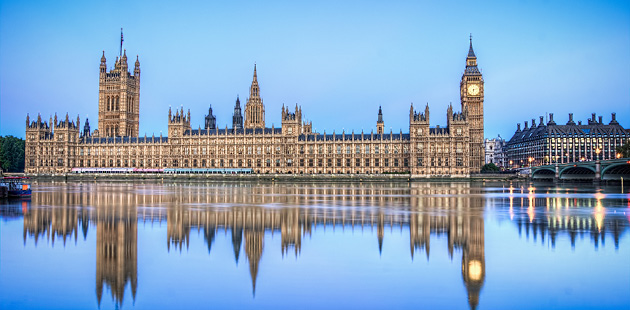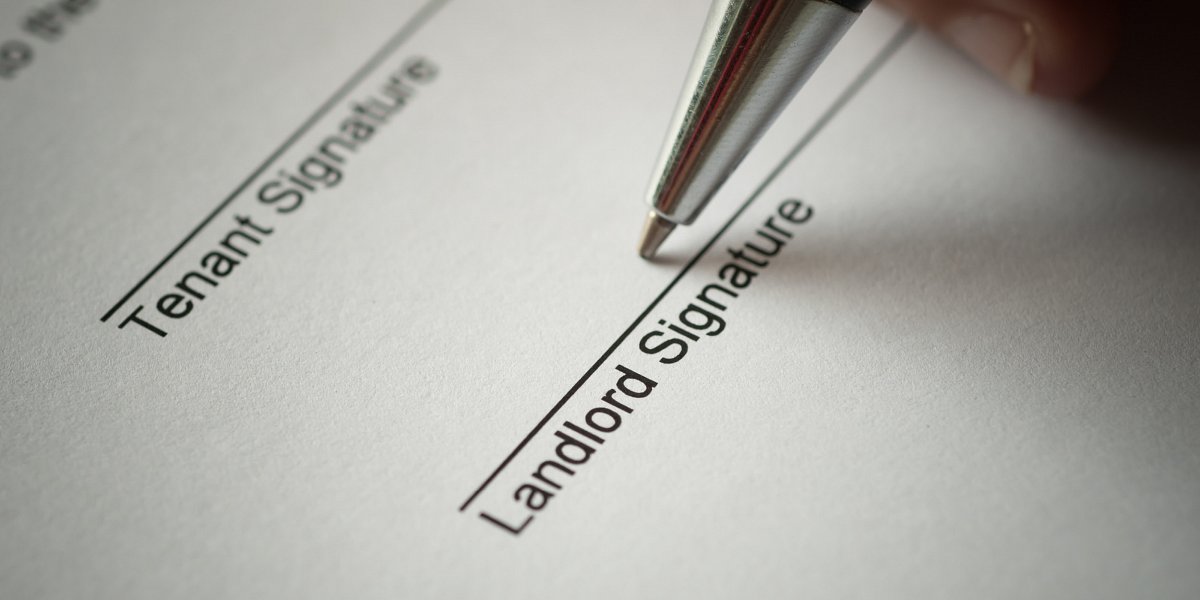Legal: lease protections
Clifton Davies Consultancy Limited quiz Real Estate Litigation specialist Daniel Swimer on what happens after current business lease protections for tenants end on 31 March (if indeed they will).

More moratorium or no more moratorium?
On 9 December 2020, the government extended the ban on business evictions until the end of March 2021. This came as no surprise. These measures were described as forming part of an overall support package to give landlords and tenants a further three months to try to reach agreement on unpaid rent. That extension of time will soon come to an end.
With that in mind, Pub & Bar's legal writers, David Clifton and Suzanne Davies of Clifton Davies Consultancy Limited, have been posing a series of questions to Daniel Swimer, head of the real estate litigation team at London law firm Joelson.
They started by asking whether there is any prospect of the moratorium being extended beyond 31 March.
DS: The communities secretary Robert Jenrick stated in December: “I am extending protections from the threat of eviction for businesses unable to pay their rent until March 2021, taking the length of these measures to one year. This will help them recover from the impact of the pandemic and plan for the future. This support is for the businesses struggling the most during the pandemic, such as those in hospitality – however, those that are able to pay their rent should do so. We are witnessing a profound adjustment in commercial property. It is critical that landlords and tenants across the country use the coming months to reach agreements on rent wherever possible and enable viable businesses to continue to operate.”
It was widely believed back in December that this was going to be the final extension to the current restrictions on the ability of landlords to forfeit commercial leases for unpaid rent. Given the latest reintroduction of lockdown measures and the limited prospects of any substantive trading in the hospitality sector before the end of March, there is a chance that the government may now impose a further extension to the moratorium. If no further extension is agreed before this deadline, however, the landlord's right to forfeit will be revived unless landlords and tenants can come to an agreement over unpaid rent before 31 March 2021.
Is any other government-imposed restriction due to come to an end on 31 March?
DS: The restriction on the right to forfeit commercial leases is not the only government measure designed to prevent landlords of commercial premises from taking action for unpaid rents. Restrictions on landlords using Commercial Rent Arrears Recovery (CRAR) to recover unpaid rent were also automatically extended to the end of March 2021 in line with the moratorium’s expiry date. The temporary restrictions on the use of statutory demands and winding-up petitions were also extended to 31 March 2021.

So far then, there’s no particular cause for optimism if the government decides against extending further the ban on business evictions and the restrictions against action to recover unpaid rents. Is there anything else on which tenants can pin some hope?
DS: While all of these government measures will have given struggling tenants further breathing space by preventing landlords from exercising a number of enforcement remedies until 31 March 2021, there have remained certain options that are still available to landlords to recover rent. These include debt recovery proceedings, recovery from guarantors and drawing down rent deposits. In the majority of cases, however, landlords have held off from taking action to date. Some may continue to do so or at least be prepared to discuss terms for settlement.
It should also be borne in mind that the government announced that a review of commercial landlord and tenant legislation would be launched in early 2021. This would include consideration of Part II of the Landlord and Tenant Act 1954, different models of rent payment and the impact of Covid-19 on the market. However, we are still waiting to hear further from the government regarding this intended review.
Landlords owed substantial rent arrears may not be willing to hold off action much longer. So is the moratorium simply delaying the inevitable?
DS: When the moratorium ends at the end of March 2021 tenants will still need to address their rent arrears and landlords will expect to be paid. Whilst landlords will need to carefully consider the financial impact on their own portfolios before taking action that may put their tenants out of business and would then increase the vacancy rates in their own portfolios, we should still expect that, in the absence of further Government support, there will be a further spike in tenant insolvencies and yet more unemployment.
What about the government’s Code of Practice for commercial property relationships during the Covid-19 pandemic? Won’t tenants be able to rely on that?
DS: Active dialogue between landlords and tenants is strongly encouraged by the Government’s Code of Practice, which aims to support landlord and tenant relationships during the pandemic. However, the Code is voluntary. It cannot force landlords or tenants to participate in pragmatic and commercial discussions.
So what do you advise tenants with ever-mounting rent arrears to do now?
DS: With no clarity on what might happen beyond 31 March 2021, tenants should not delay and should actively seek out settlement discussions with their landlords where they have not already done so. Where tenants are struggling, many landlords have shown flexibility and agreed temporary rent concessions and deferments.

If there is no extension of current measures beyond 31 March, what can the government do to prevent the inevitable spike in evictions, tenant insolvencies and unemployment at the end of the moratorium?
DS: The Government should be looking to produce a wide-ranging package of measures, which might include a VAT cut, an extension to the business rates holiday and further grants. It should also push forward with its plans to provide further guidance on creating better collaboration between landlords and tenants.
Any final message, if not to tenants within the industry, to the government itself?
DS: The Government needs to provide tenants in the hospitality sector with the time to prepare by making an early announcement on whether the moratorium will end on 31 March 2021 and by confirming exactly what measures it will impose on landlord and tenants at that time.
Anyone – whether a tenant or landlord – requiring expert professional advice on this subject can find Daniel Swimer’s contact details in the Real Estate section on the www.joelsonlaw.com website.











